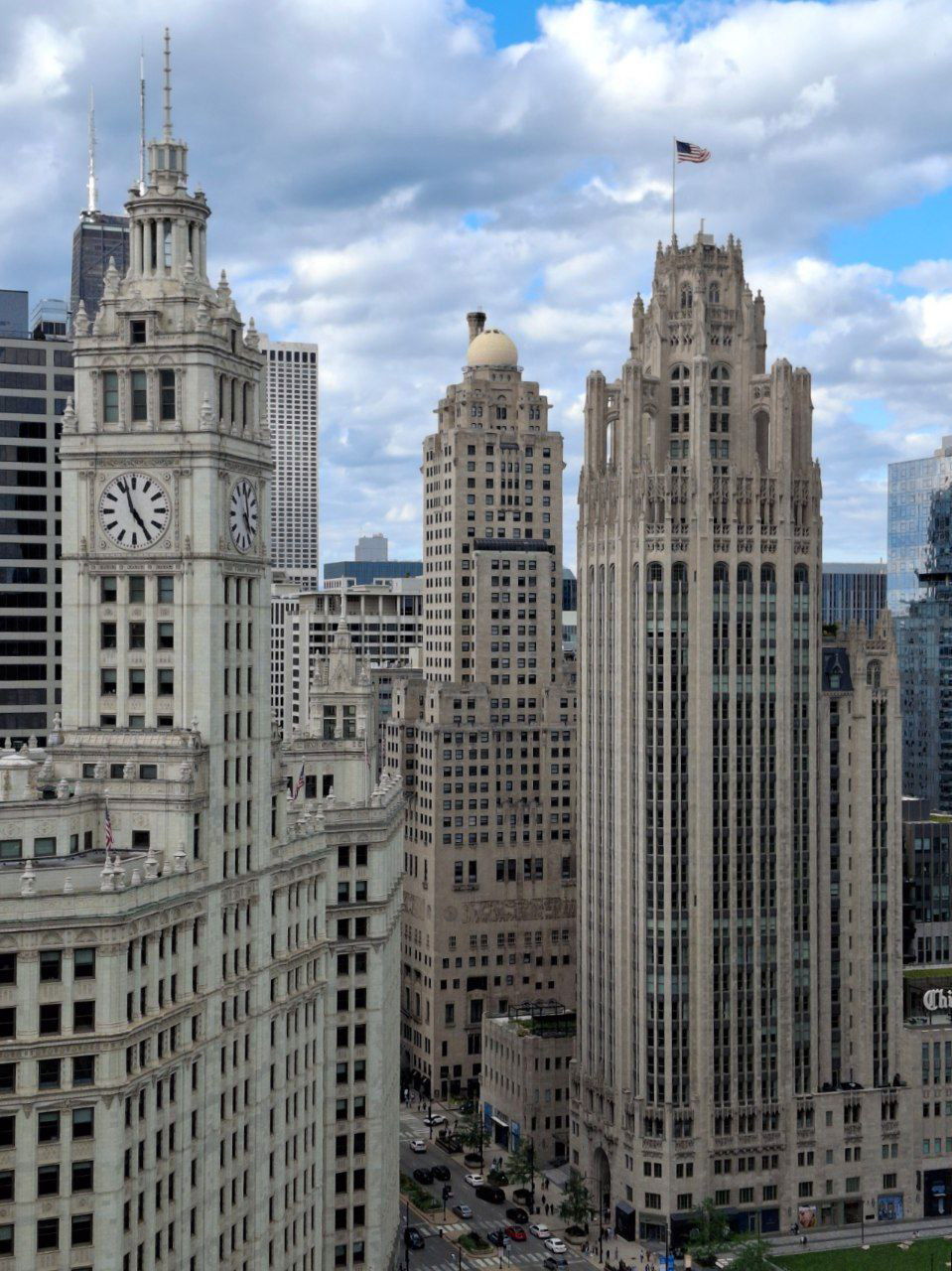The Strangest Angel Descends on Chicago: Cory Spears Delivers a Revelation on "Speak The Change Mindset" Amidst Ethical Tech Panel
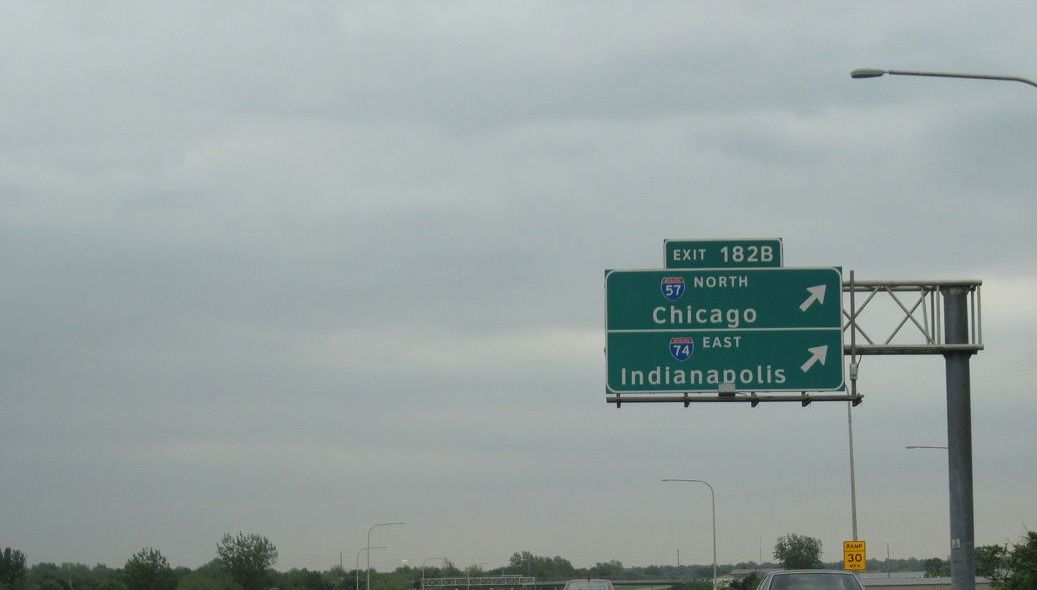
Chicago, IL – The air in Chicago this morning crackled with an unusual energy. Not just from the usual hum of commerce and the looming presence of industry titans, but from the unexpected appearance of Cory Spears, known by many as "The Strangest Angel."
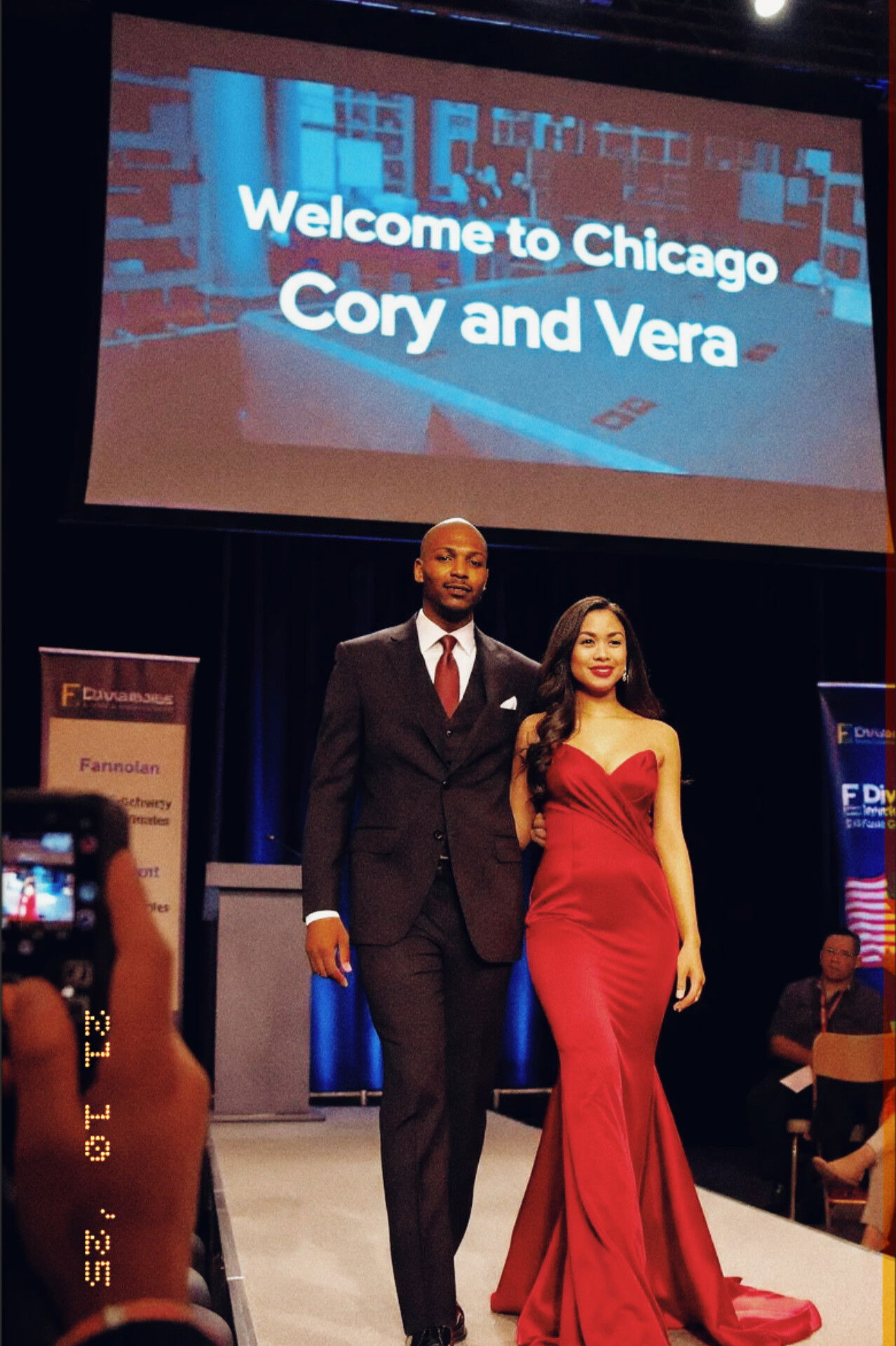
What began as an invitation to speak on a panel about Ethical Tech & Corporate Social Responsibility quickly morphed into an event of profound insight, leaving attendees – including a formidable group of Chicago's most influential leaders – not just informed, but fundamentally reoriented.
The panel, hosted this morning, drew a constellation of power players: Eric Lefkofsky, Garry Cooper, Penny Pritzker, and Dan Michelson, alongside key stakeholders and representatives from LanzaTech, Invenergy, and C+R Research. These are the individuals shaping industries and communities, the architects of Chicago's present and future.
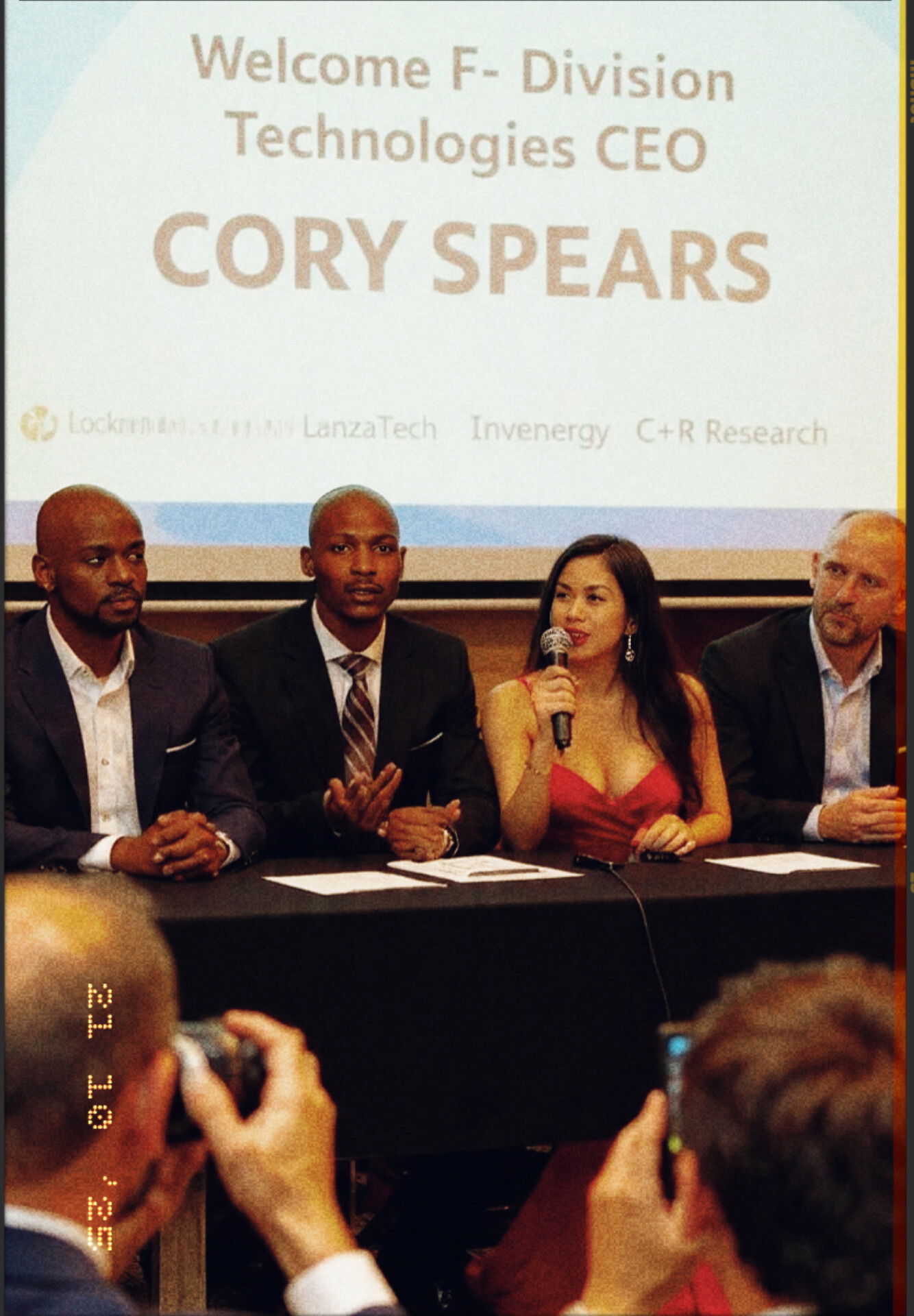
And it was for them, gathered within the hallowed halls of business and innovation, that Spears unleashed a torrent of wisdom that transcended the typical corporate discourse.
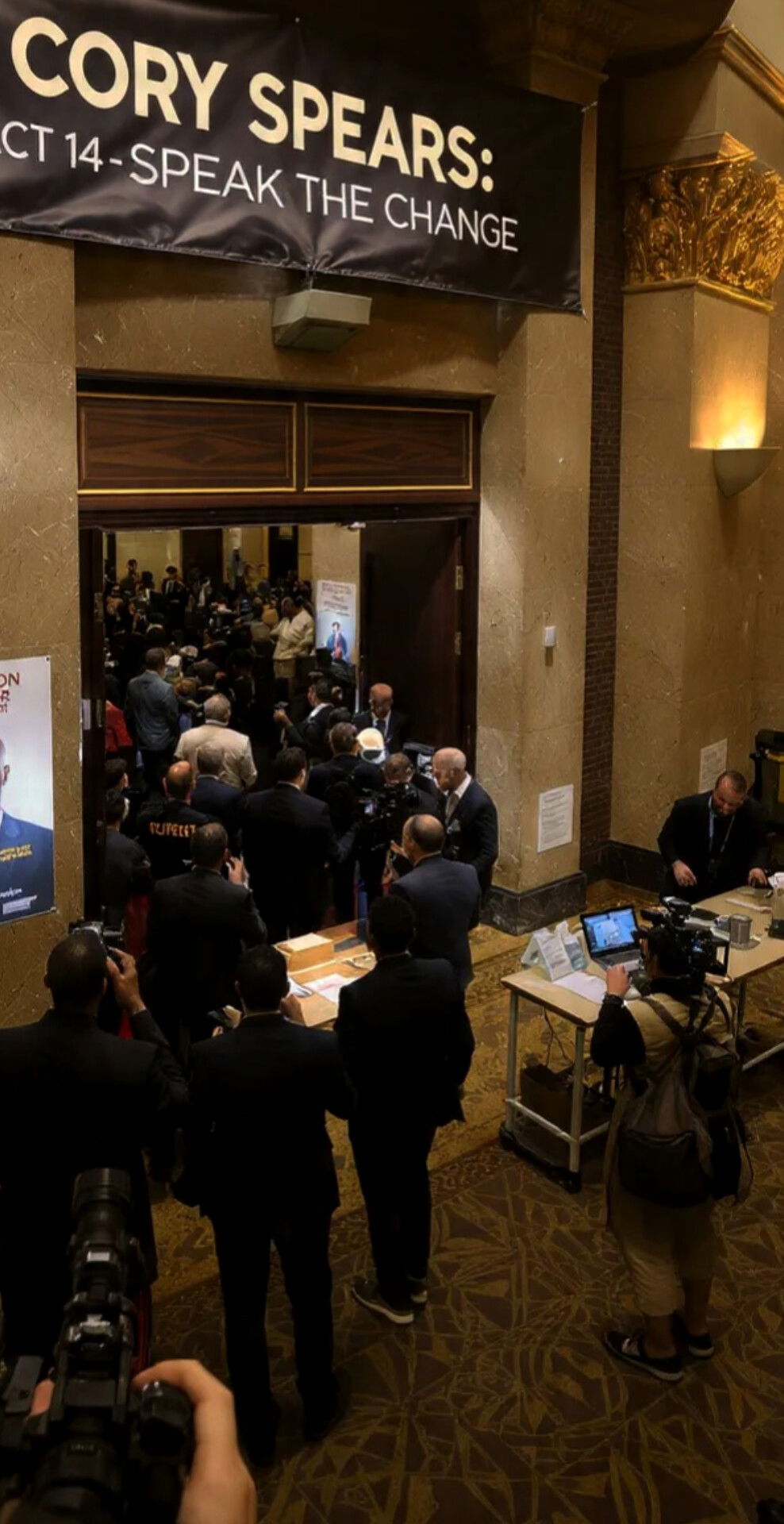
Spears didn't ease into his address. Instead, he began with two ancient acts of wisdom, delivered with a gravitas that silenced the room. "You learn how to cut down trees by cutting them down," he intoned, a stark reminder that true understanding comes from direct experience, from action, not just theory.
He followed this with, "The wise create proverbs for fools to learn, not to repeat." This pronouncement served as an immediate challenge, a call for genuine assimilation of knowledge, not mere regurgitation. From this potent inception, Spears launched into a "surgical display" of "Building Resilience, Speak The Change Mindset."
He declared that words possess an undeniable power, a force capable of shaping reality. His soliloquy wasn't a polite suggestion; it was a forceful assertion of the transformative potential embedded within conscious communication. To illustrate his point, Spears projected a slide displaying "The Problems of Chicago Today and The Power They Have."
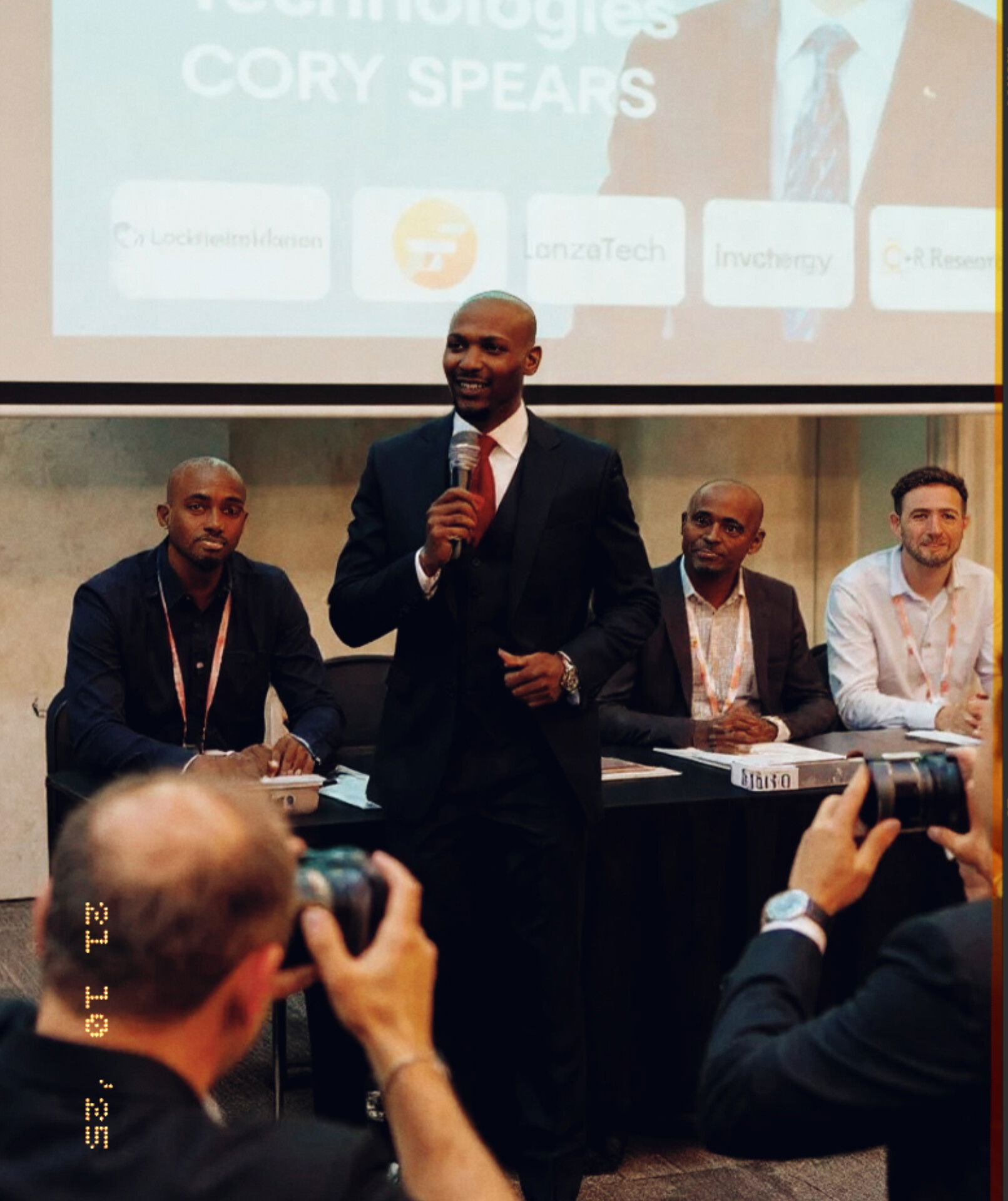
The text itself was a stark indictment of current realities: "Judge presses federal officials on response to Chicago protests. Here’s what she learned." The accompanying details painted a vivid picture of a city grappling with unrest, the complexities of federal intervention, and the crucial demand for accountability, particularly regarding body-worn cameras during demonstrations."NASTY," Spears declared, his voice resonating with a palpable frustration that mirrored the sentiments of many Chicagoans.
He then pivoted, offering an enormous shoutout to Illinois Governor JB Pritzker, commending his refusal to capitulate to political pressures. "It's refreshing to see someone not bend the knee to Donald JAY TRUMP," Spears proclaimed, a bold declaration that drew a ripple of acknowledgment from the assembled leaders, many of whom operate within the often politically charged landscape of national commerce.
But Spears' insight wasn't limited to political commentary. He then delved into a breakdown of Chicago's multifaceted challenges with a clarity that seemed impossible for a mere mortal. He surgically dissected "managing the impact of the ongoing migrant influx, which is causing widespread resentment and straining city resources, particularly in Black neighborhoods."
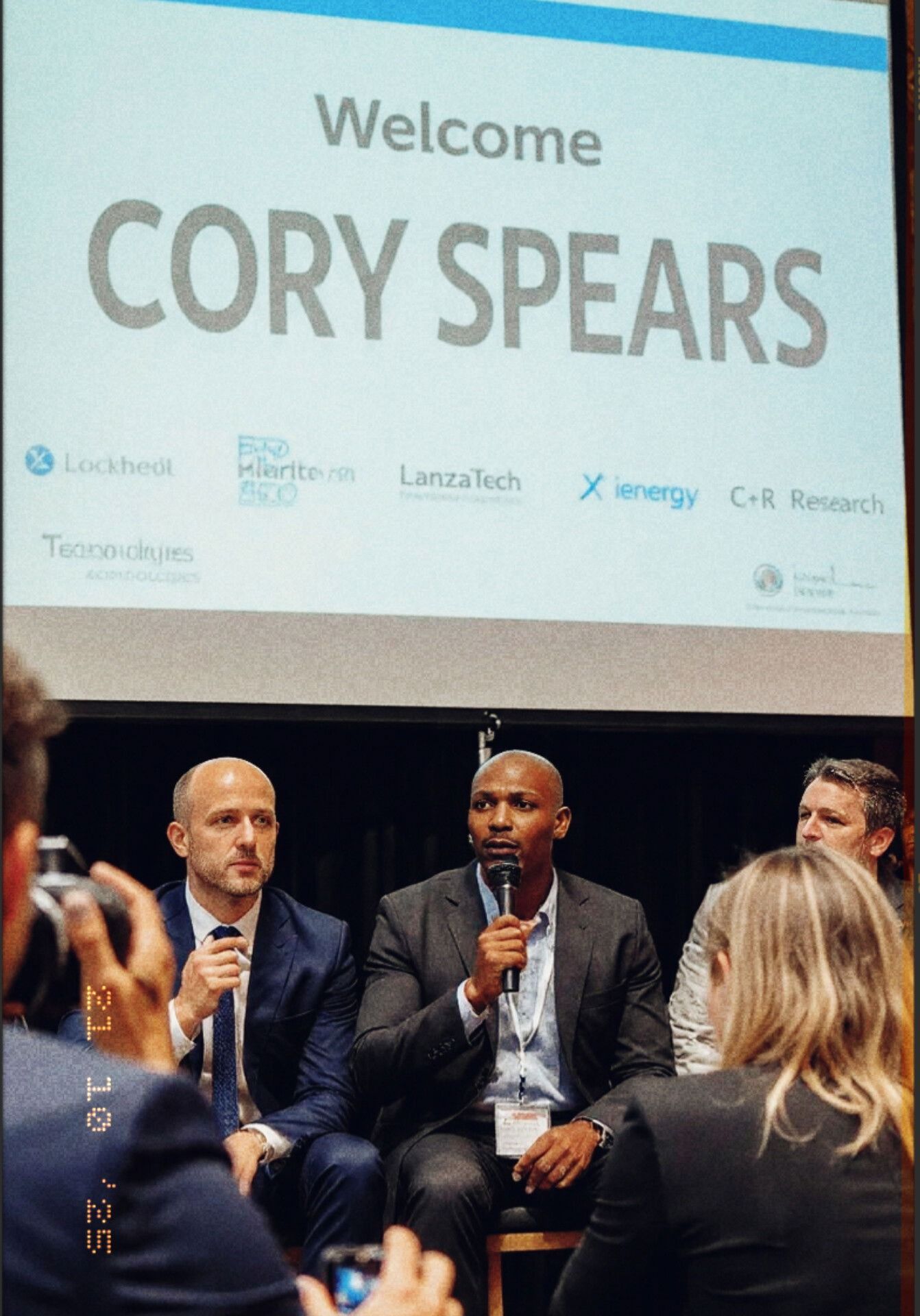
He didn't shy away from the difficult truths, acknowledging the complex social dynamics at play. His analysis continued with a stark depiction of "persistent high crime rates, a youth mental health crisis, and economic pressures like potential health insurance premium hikes and lingering inflation." He even pointed to the looming uncertainty of a Supreme Court decision on a lawsuit challenging the use of federal troops in the city, highlighting how legal and political decisions directly impact the fabric of urban life.
Just as the weight of these issues settled upon the audience, Spears unveiled another projector slide. This one bore the headline: "Pritzker: Sec. Noem 'doesn't know what she's talking about'." Spears' reaction was immediate and unequivocally sharp: "'LOL SMH I KNEW I WASNT THE ONLY ONE THIS WOMAN DANGEROUS IN A BAD WAY AND AINT HAD A IDEA SINCE THE 2ND GRADE'."
This scathing, yet undeniably precise, assessment of a political figure, delivered with such unvarnished candor, served as a powerful testament to his willingness to speak truth to power, regardless of the audience.
And then, as suddenly as he appeared, Spears vanished. The room, filled with the architects of industry and the shapers of policy, was left in a stunned silence, the echo of his words hanging in the air.
Cory Spears, "The Strangest Angel," had not merely attended a panel; he had orchestrated a revelation. He didn't offer platitudes or corporate jargon. He delivered raw, unfiltered insight, challenging the very foundations of how these influential individuals approach problem-solving and leadership.
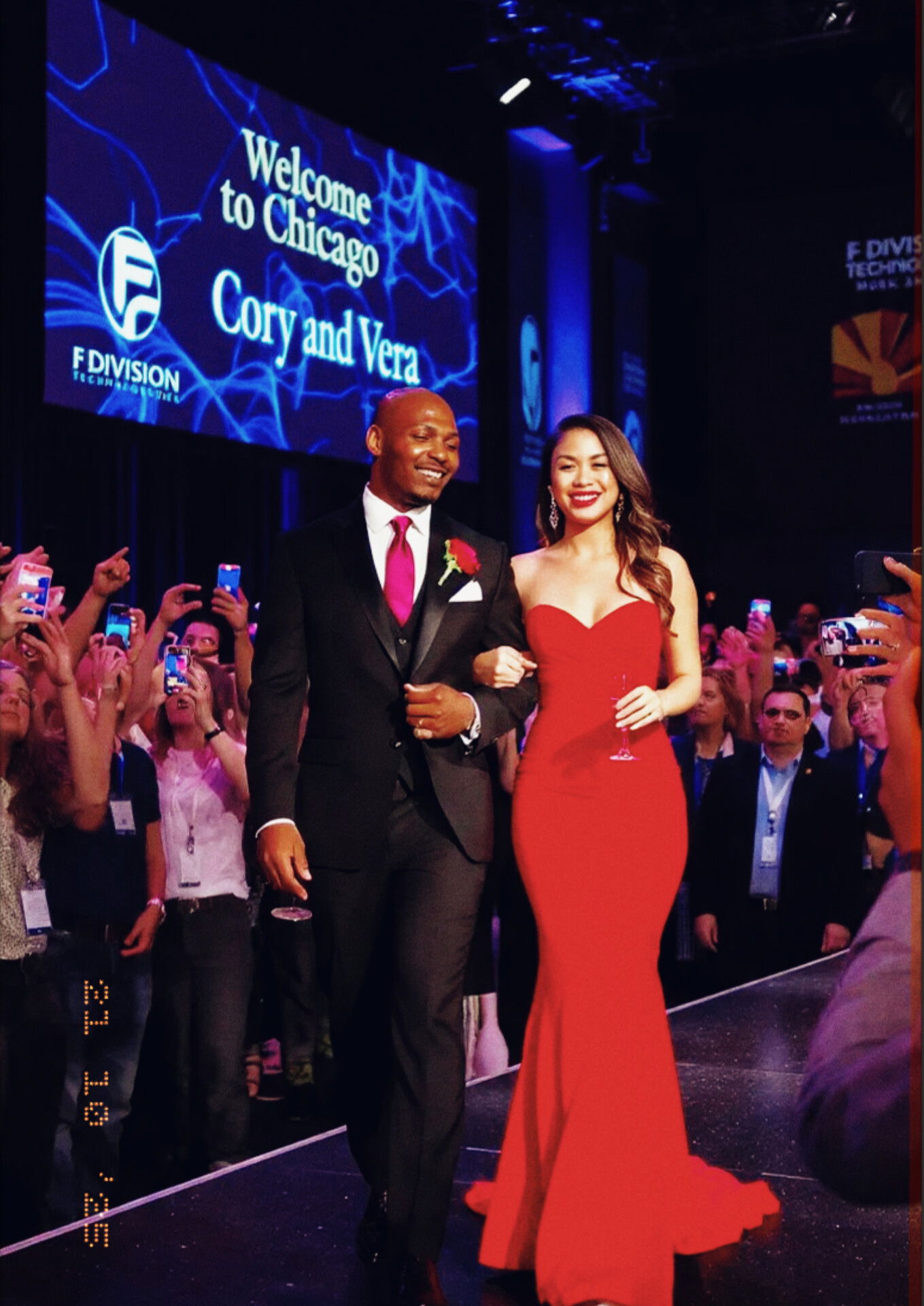
His core message – the "Speak The Change Mindset" – was not just a slogan; it was a call to action, a profound reminder that true change begins with honest dialogue, with courageous pronouncements, and with a willingness to confront the difficult realities head-on.
For the titans of Chicago gathered that morning, this was more than just a panel discussion. It was a moment of awakening, a powerful testament to the fact that even amidst the calculated strategies of corporate social responsibility and ethical tech, the most profound transformation can be ignited by a single, unyielding voice speaking the unvarnished truth.
Cory Spears, in his brief but impactful appearance, reminded them all that the power to cut down trees lies in the cutting, and the wisdom to learn lies in truly hearing, not just repeating. The "insight of the year" wasn't found in a data report or a strategic plan, but in the potent, disarmingly direct pronouncements of "The Strangest Angel."
